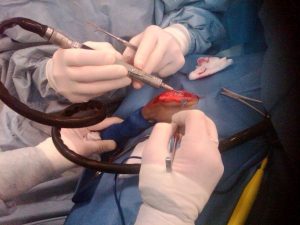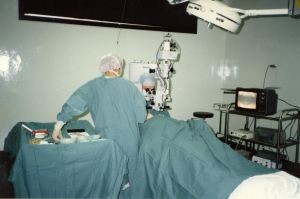When it comes to medical device litigation, such as those involving defective hip replacement or knee replacement hardware, many of these devices are subject to the Medical Device Amendments of 1976. New medical devices are given a class designation – Class I, II or III – to indicate degree of risk, with Class III medical devices posing the greatest risk. A device that is designated as a Class III under the MDA is given express preemption from state requirements (which can be different or more stringent than federal rules), as noted in the 2008 U.S. Supreme Court case of Riegel v. Medtronic, Inc. In effect, this means such product liability lawsuits must be pursued in federal court.
But what happens if the medical device consists of components that have different class designations? These are becoming increasingly common in everything from hip implant devices to pain dispensing pumps. It’s created a jurisdictional conflict, with plaintiffs and defendants arguing over which courts should handle these matters.
Now, it appears we have some direction. The U.S. Court of Appeals for the Third Circuit recently issued a precedential ruling in a case of first impression filed by a plaintiff who alleged a British medical device maker negligently designed a hip replacement system. The ruling is the first time a court has taken on the question of whether product liability claims concerning a device made of components in different classifications are preempted by federal law. Answer: They are. That meant plaintiff’s claims of negligence, strict liability and breach of warranty were expressly preempted and dismissed. However, the court reversed dismissal of plaintiff’s other claims that were adequately pleaded and not preempted, namely off-label promotion in violation of federal law and loss of consortium (filed by his wife). Those claims will proceed. Continue reading
 Product Liability Lawyer Blog
Product Liability Lawyer Blog








